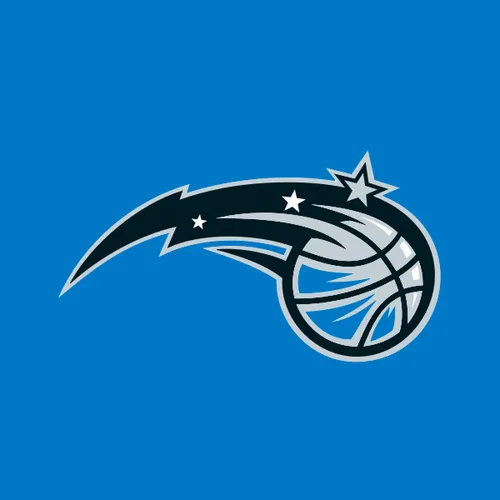







Scouting Jobs in the Sports Industry: A Quick Guide
Introduction
The sports industry offers a wide range of job opportunities, with scouting being a critical aspect of the success of teams and organizations. Scouting professionals play a pivotal role in identifying, evaluating, and recruiting talented athletes to ensure the success of their teams. With an ever-growing demand for top talent, a career in scouting can be both challenging and rewarding. This guide will provide an overview of the scouting sector, including the various types of jobs, salary expectations, essential skills, and tips to help you land a scouting job in the sports industry.
The Role of Scouting Professionals in the Sports Industry
Scouting professionals are responsible for identifying, evaluating, and recruiting athletes for teams and organizations. They must have a keen eye for talent and possess an in-depth understanding of their sport to effectively assess athletes' potential. Key responsibilities of scouting professionals include:
Attending games, tournaments, and showcases to evaluate players
Analyzing player performance using statistics and video analysis
Building and maintaining relationships with coaches, agents, and other sports professionals
Preparing and presenting scouting reports to decision-makers within their organization
Types of Scouting Jobs Available in the Sports Industry
Various types of scouting jobs are available in the sports industry, depending on the level of competition and the specific sport. Some common scouting roles include:
Amateur scout: Focuses on identifying and evaluating high school and college athletes for potential recruitment
Professional scout: Evaluates players from other professional teams, typically for potential trades or free-agent signings
International scout: Identifies and evaluates talent from outside the domestic market, often traveling extensively to assess players in other countries
Scouting director: Oversees an organization's scouting department and coordinates the efforts of multiple scouts
Salaries on Offer
Salaries for scouting professionals can vary significantly based on factors such as experience, location, and the size of the organization. Here is a general breakdown of salary expectations:
Entry-level: $30,000–50,000 USD per year
Junior-level: $50,000–70,000 USD per year
Intermediate-level: $70,000–100,000 USD per year
Senior-level: $100,000+ USD per year
Essential Skills Needed to Succeed in Scouting in the Sports Industry
To excel in the scouting field, professionals must possess a range of skills, including:
In-depth knowledge of the sport and its rules
Strong analytical and problem-solving abilities
Excellent communication and interpersonal skills
Ability to work independently and make informed decisions
Adaptability and flexibility, as scouting often requires extensive travel and irregular hours
Tips for Landing a Scouting Job in the Sports Industry
Gain experience via Rebound: Intern with a team or scouting department to learn the ins and outs of the profession, enhance your resume/cover letter, and build your network.
Develop your expertise: Study your sport extensively, including its history, tactics, and trends, to become an expert in player evaluation.
Network: Attend industry events and conferences to connect with professionals in the scouting field and learn about job opportunities.
Build a portfolio: Document your scouting work and create a comprehensive portfolio showcasing your talent evaluation and analytical skills.
Stay up-to-date: Follow industry news and developments to ensure you are knowledgeable about current trends and emerging talent.
Conclusion
A career in the scouting sector of the sports industry offers exciting opportunities to contribute to the success of teams and organizations by identifying and recruiting top talent. If you have a passion for sports and a keen eye for evaluating athletes, a job in scouting could be a perfect fit. By understanding the roles and responsibilities of scouting professionals, the various types of jobs available, salary expectations, and the skills required to excel in this field, you'll be well-prepared to pursue a career in this competitive industry. Remember to gain experience, develop your expertise, network with industry professionals, build a strong portfolio, and stay up-to-date with the latest industry trends. With dedication and hard work, you can turn your passion for sports into a fulfilling and rewarding career in scouting.



























